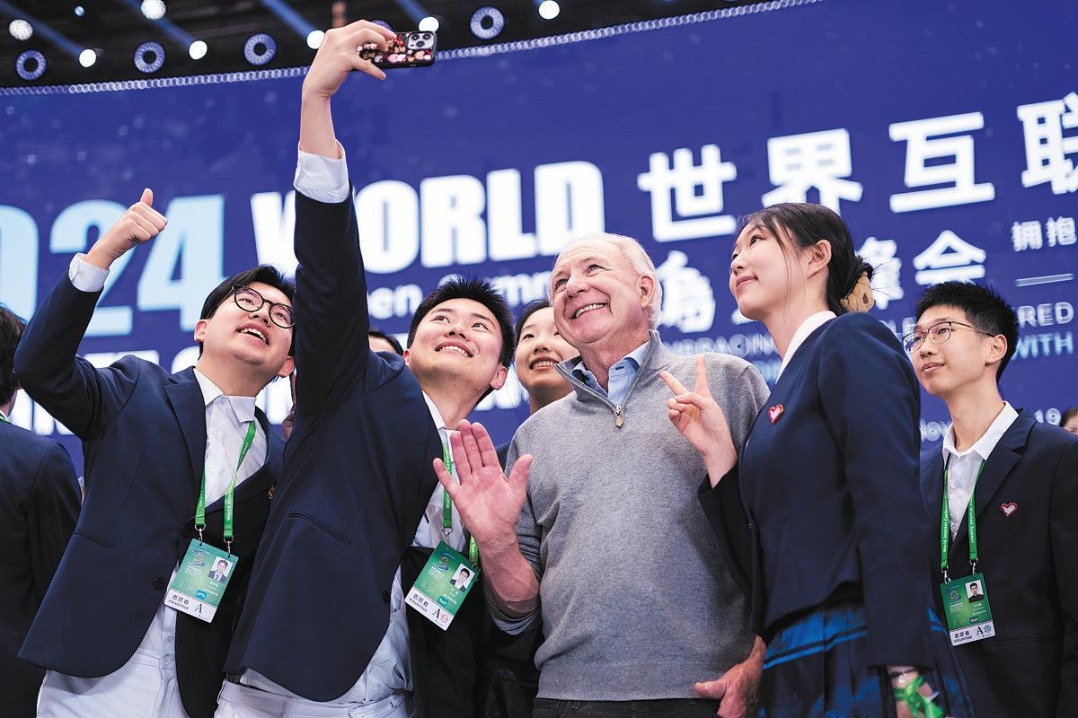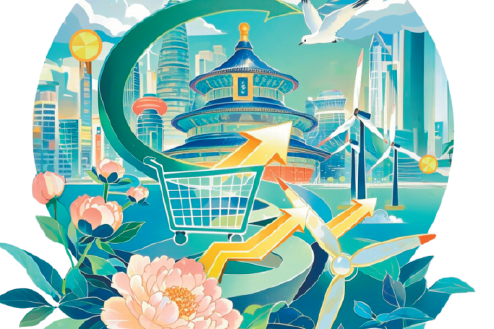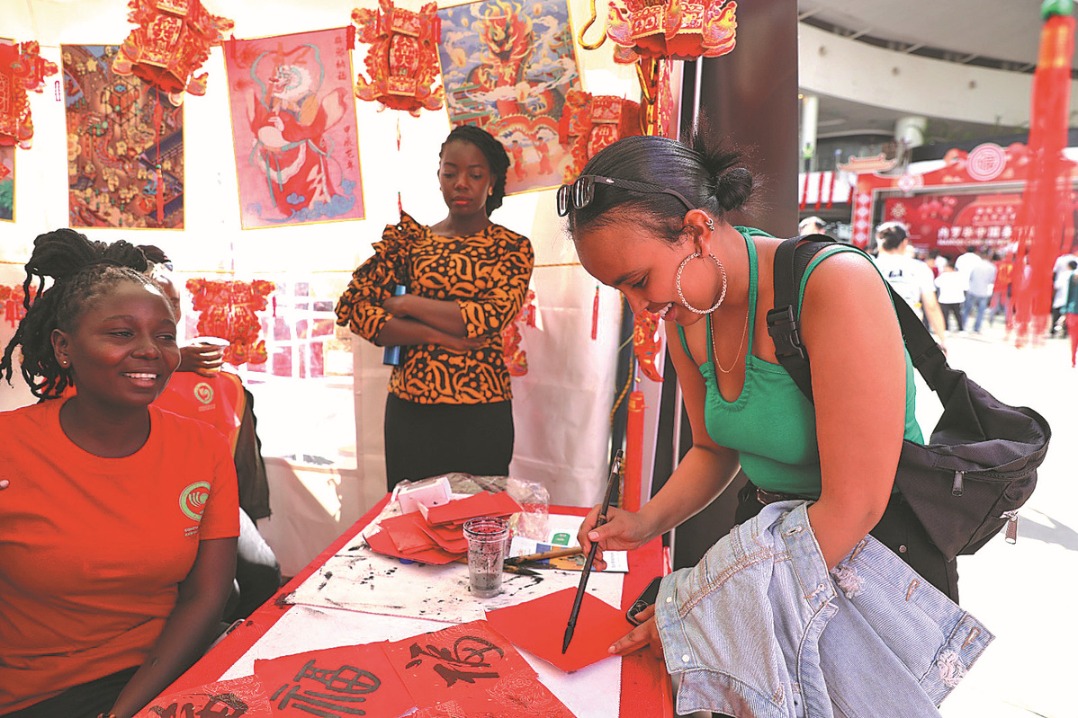Forum promotes global concept


The three-day, 10-nation 6th Ministerial Conference of the Forum for Economic and Trade Cooperation between China and Portuguese-speaking Countries, or simply Forum Macao, will be held from Sunday.
Initiated by the Chinese government in 2003 in conjunction with a number of Portuguese-speaking countries whose membership of the organization now stands at nine, Forum Macao has been helping Macao to strengthen its role as a service platform facilitating economic and cultural relations between China and the Portuguese-speaking countries. Also, it has elevated the Macao Special Administrative Region's global status.
The nine Portuguese-speaking countries taking part in Forum Macao include Brazil, South America's economic powerhouse and a BRICS member. On global governance issues, especially the development of the Global South, China and Brazil see eye to eye with each other. Also taking part in the forum are two of Africa's major emerging economies — Angola and Mozambique, European Union member state Portugal, and five relatively small in size but rich in natural resources countries: Equatorial Guinea, Guinea-Bissau, East Timor, S?o Tomé and Príncipe, and Cape Verde.
The nine Portuguese-speaking countries have a population of 290 million. This means, including China, Forum Macao's 10 member states account for about one-fifth of the world population. Forum Macao is one of two international dialogue and cooperation platforms established with the help of China and involving a group of countries speaking the same language. The other is the China-Arab States Cooperation Forum, a formal dialogue platform between China and the Arab League established in 2004.
China has started several other forums with the aim of improving international relations, such as the Forum on China-Africa Cooperation and, most importantly, the Belt and Road Forum for International Cooperation.
All this shows China has become the world's prime mover of international forums, which benefit global governance and development, multicultural understanding, and help alleviate poverty.
China's globe-spanning forums can be comprehended only if one understands President Xi Jinping's concept of building a community with a shared future for mankind — which essentially is a blueprint for a better world.
Within the framework of the global community concept, the Belt and Road Initiative, the Global Development Initiative, the Global Security Initiative and the Global Civilization Initiative have all taken root and borne fruit.
In the 70 years since China, India and Myanmar jointly proposed the Five Principles of Peaceful Coexistence, the world has realized the importance of those principles — mutual respect for sovereignty and territorial integrity, mutual non-aggression, non-interference in each other's internal affairs, equality and mutual benefit, and peaceful coexistence — for global governance. As a matter of fact, the concept of a global community calls for promoting the common values of humanity in order to improve global governance.
Besides, the global community concept promotes blue economy partnership and improvement of maritime connectivity. All the 10 Forum Macao members are coastal states and, I am sure, all of them are interested in the development of the blue economy.
Even the Macao SAR, which hosts the forum's permanent secretariat, is working on developing its blue economy, which could become a new driver of cooperation between China and the Portuguese-speaking countries.
Moreover, like all meaningful undertakings, Forum Macao should also adapt to the changing times in order to remain relevant. And, hopefully, the delegates to Forum Macao will adhere to the numerous policy principles, heed the many pieces of advice the concept offers, and agree to take concrete actions on multiple fronts based on the forum's organic relationship with the concept of building a global community of shared future.
The author is director of the Macau Post Daily. The views don't necessarily reflect those of China Daily.
If you have a specific expertise, or would like to share your thought about our stories, then send us your writings at [email protected], and [email protected].


































